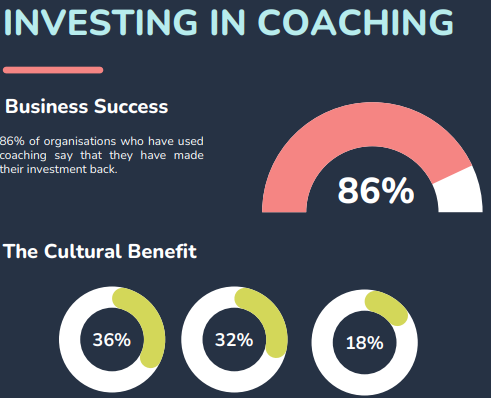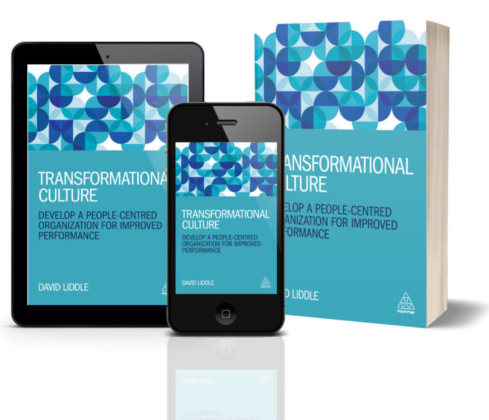
Share article:
Tags:
…how curiosity can help us regain control
Ever have a week where you feel edgy, uneasy, irritable, and anxious and you’re not sure why? Or something happens which on the surface of it, should be totally handleable, yet it sets your heart racing, or your throat constricts, or you feel physically sick?
Yep, I think we can all safely say we’ve definitely had days or even weeks of feeling unable to shake an impending sense of doom. I mean, most of us only have to scroll our social media newsfeed for a few minutes, before we’re rolling our eyes, tutting ‘ffs’ under our breath, and trying to (or failing to) resist the temptation to get into an argument with a stranger on the internet. Nothing like a 6am doom scroll to make you feel like staying in bed with the duvet over your head forever, eh?
Before I go on, and just for the sake of clarity, in this blog, I’ll be talking about anxiety in the context of the anxious feelings most of us will experience from time to time, and not specifically about more severe and long-term anxiety disorders that have been diagnosed by a medical professional.
Feelings of anxiousness happen to most of us, and when those feelings arise, they can be really unpleasant and difficult to sit with, but it’s worth remembering that humans have been experiencing anxiety since the beginning of our time on earth. Arguably, if nothing made us feel anxious, I wouldn’t exist, and neither would you. That’s because anxiety is a threat response, a psychological, physiological, or behavioural state, induced by either an actual threat or the perception of a threat. So, as debilitating as it can feel, without anxiety, we’d have been picked off by the sabre-tooth tigers waaaaaay before the internet, social media and people emptying their heads onto a page for a LinkedIn blog.
So, what can we learn from our anxiety?
What might happen if we lean into the feelings, rather than trying to change them, numb them, mask them, or make them go away?
Seeing as sabre-tooth tigers are a rare sight in the leafy suburbs of the home counties these days, the anxiety that once kept us alive (and we’re grateful to it obvs), can now leave us feeling overwhelmed, and unable to cope. But you can learn from what makes you anxious – you can work with a coach to unpack and explore it, or you can try a coaching approach on yourself, by trying curiosity when the panic sets in:
What is the threat?
What am I telling myself will happen?
Is that a fact or is it just something that might happen?
How would I prefer to feel about it?
A coach might ask you to explore all your feelings around the anxiety, including what triggered them, what else might be going on, what is fact and what might be fiction (i.e., unhelpful b*llsh*t stories that you learned about yourself in the past). You can do this for yourself too, in the form of a journal. Writing things down can be helpful in terms of acknowledging how you’re feeling and giving those feelings some space to exist.
How am I feeling?
When did it start?
What is it really about?
What else might be going on?
If I knew that it would be ok, what would I do?
What do I need right now?
There is potential to learn a lot of useful and valuable information about yourself and your feelings of anxiety from simply being curious about them.
If you want to go further, you can then start to think about things in relation to Stephen Covey’s Circle of Influence:

When anxious feelings get a grip, our thoughts can very quickly spiral. How quickly can you go from “this feels a bit awks” to “oh my God, literally everyone thinks I’m an idiot and I’m soooo sh*t at my job, and I knew it would be a disaster and ffs, WHY AM I LIKE THIS?!”
Throw in the world we’re currently experiencing… climate change, conflict, the cossie livs crisis, social media, rent and mortgage costs, a political circus, work deadlines, relationships, family demands… no wonder it all just feels like a bit too much sometimes. So, when you start to spiral, it can be helpful to start putting all your thoughts into Covey’s Circle of Influence:
1. What can I control?
2. What might I be able to influence?
3. What do I have to learn to accept?
By doing this, you’re breaking things down which may feel less overwhelming and more positive and productive in terms of supporting yourself through the problem than sheer, white-eyed panic alone ?
Control – you can control your behaviour, attitude, decisions, outlook, responses, and actions. This is the area of the circle that you have direct control of, meaning that you can take meaningful action here, to make a positive difference. The ancient Stoics reflected extensively on the circle of control:
“You have power over your mind, not outside events. Realise this and you will find strength.”
– Marcus Aurelius










